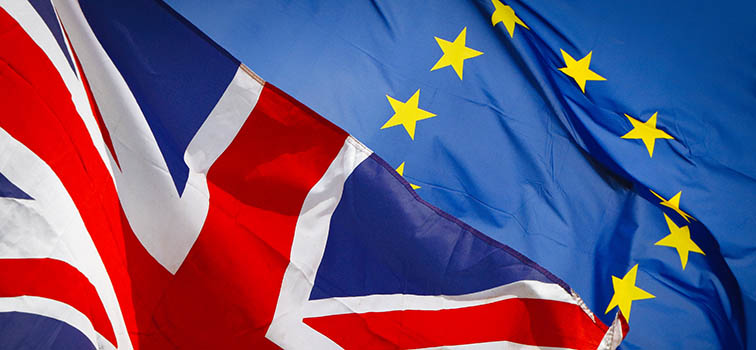Research Technical Paper - Non-Tariff Barriers and Goods Trade: a Brexit Impact Analysis
24 May 2018
Press Release

A Research Technical Paper by Stephen Byrne and Jonathan Rice considers the impact of non-tariff barriers on Irish trade with the United Kingdom. In the paper, non-tariff barriers are defined as the delay resulting from documentary compliance and customs procedures associated with the UK leaving the European Union.
The key findings of the research are:
- Potential delays as a result of non-tariff barriers associated with the UK leaving the EU could result in an estimated 9.6% decline in overall trade (imports and exports) between the UK and Ireland on the basis of the current composition of trade between the two countries. This amounts to declines of 3.2% of total Irish imports and 1.4% of total Irish exports globally.
- The largest declines in imports to Ireland from the UK are found to be in fresh foods, manufacturing materials and machinery, and transport equipment. Three of Ireland’s largest goods imports from the UK, minerals and fuels, non-perishable foods, and chemicals, are largely unaffected.
- On the export side, the most sizeable declines are in fresh foods, machinery and transport equipment, and manufacturing materials.
- The research does not consider the potential for some of this trade decline to be redirected to other trade partners. However, the factors that drive Irish-UK trade such as the common language, legal system and similar preferences may make this difficult for certain products and sectors. The findings also do not include any possible mitigation measures that may be negotiated between the UK and EU.
Mark Cassidy, Director of Economics and Statistics, said: “There remains significant uncertainty around the future state of customs arrangements between the UK and Ireland and I welcome this important contribution to the debate from our economists at the Central Bank.
“Whilst the research focuses on a pessimistic scenario, it is vital that we understand and flag the risks to trade. The potential effect of tariffs following the UK’s departure from the customs union is well documented, but the impact of non-tariff barriers has received less attention, despite existing research that finds customs delays to be one of the largest of all barriers to trade.
“It’s clear from today’s research that the potential effect of Britain’s decision to leave the EU would be negative and significant for Irish-UK trade, with trade in raw materials, beverages and fresh foods most vulnerable to customs delays. This highlights the vital importance of negotiations on future arrangements for trade.”
Library of Research Technical Papers